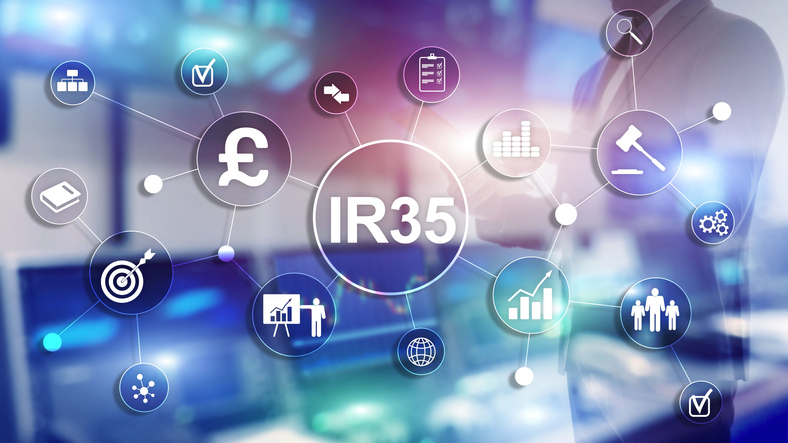 Another high-profile public sector organization has fallen afoul of IR35. High Speed 2 (HS2), the public body responsible for developing the UK’s high-speed rail network, is anticipating a £9.5m IR35-related tax bill.
Another high-profile public sector organization has fallen afoul of IR35. High Speed 2 (HS2), the public body responsible for developing the UK’s high-speed rail network, is anticipating a £9.5m IR35-related tax bill.
However, HS2’s breach of the legislation lies with how the organization works with third party organizations acting as consultancies. These distinctions made by HMRC have important implications for agencies offering project-based products and SOW-based IR35 solutions.
What We Know
From HS2’s internal review and additional HMRC guidance, we can see that HS2 did not carry out employment status determinations on a number of contractors because they were supplied by a third-party provider.
HS2 took the view that it was the third parties’ responsibility for determining the IR35 status for each individual contractor. In principle, this is correct. Consultancies that provide genuine contracted out services to a client would be responsible for determining the IR35 status.
However, we are seeing an increasing number of cases where the service the consultancy or agency is providing is a provision of labor as part of or disguised as a consultancy agreement or SOW. This would leave the end client open to investigation, as the agreement between the consultancy and the end client does not reflect a genuine managed service and therefore changes the responsibility for IR35 determinations by moving it to the end client — in this case, HS2.
What Does Outsource Service Provision Mean?
When engaging with contractors through a third party, there are different things the end client must consider. Arrangements should be carefully analyzed to ensure that a contract has not simply been re-labelled as a managed service when what’s being provided is a source of labor. Agencies and other service providers should ensure that the right contracts and practices are in place to make the distinction.
This is not an issue that can be dealt with by an IR35 status tool such as CEST; an IR35 specialist should review the arrangement to ensure the person responsible can be correctly identified. If labor is supplied, the IR35 rules may still apply depending on what is being provided and who is providing it.
PREMIUM CONTENT: Direct Sourcing Platform Landscape
How Does This Affect Contractors?
If the service is genuinely outsourced and the outsourced service provider is classed as a small company, contractors will still be responsible for their own IR35 determination. This should be advised by the consultancy, but it is important to get this in writing. If the job role changes or the consultancy grows in size, the IR35 position may change. This issue is becoming more common in sectors with long supply chains and where sub-contracting takes place, particularly in the oil and gas sector where there are often six or seven people in the supply chain.
What Should End Clients Be Doing?
If you think the contractor supplied to you is genuinely part of an outsourced service, ensure you have the appropriate documentation to evidence this in case of investigation by HMRC. You should be considering this for all contracts which involve the use of contractors, and it is recommended that you liaise with all service providers on this issue for peace of mind.
What Should Agencies Be Doing?
If you provide outsourced services in addition to your core recruitment business, you should ensure you have taken IR35 advice from a specialist, or you could inadvertently bring risk to your clients. This may lead to short-term gain in helping your clients alleviate their own IR35 responsibilities, but this could cause long term reputational damage if HMRC investigates and finds this not to be the case. If you are unsure who should be responsible for assessing the contractors, get legal advice to review the circumstances before the contracts are agreed upon.
Don’t Be Caught Out
Using a contracted-out service as an IR35 get-out was once viewed as a silver bullet to the IR35 changes, but HS2’s mistake highlights that it is vitally important to ensure full due diligence is carried out to minimize the risk of a hefty fine. Always seek expert advice if you are uncertain to protect yourself and your supply chain.